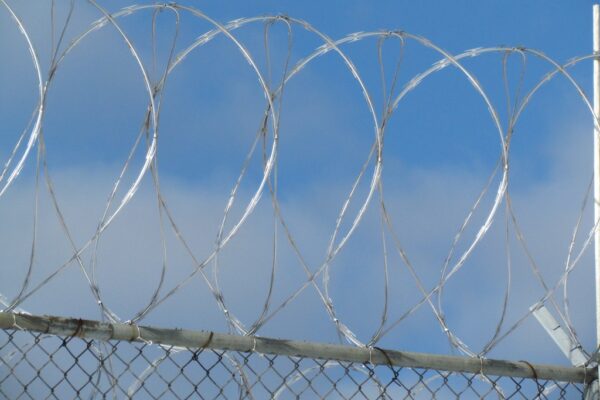The Nevada Department of Corrections locks over 1,000 inmates in isolation for 23 hours every single day.
Sen. Pat Spearman, a Southern Nevada Democrat, introduced Senate Bill 307 this session to regulate the use of solitary confinement in Nevada. The bill limits the length of placement, implements procedures for consistent review and rehabilitative planning, and improves access to mental health services for people who are incarcerated.
Advocates have said at committee hearings that solitary confinement causes irreversible psychological damage to survivors. The practice is linked to increased rates of depression, paranoia, suicidality, lack of impulse control, and other psychological symptoms that impact offender success upon reentry, according to the Prison Policy Initiative.
Thursday, Gov. Joe Lombardo signed SB307 into Nevada law, requiring NDOC to implement the policy by Jan. 1 of next year.
Nick Shepack, who serves on the board for the prisoners’ advocacy group Return Strong, presented the bill alongside Spearman and said 41 states have adopted similar bills that limit the use of solitary confinement.
“It is a policy question, and not a fiscal question at this point,” Shepack told lawmakers. “The department can achieve all the goals of the policy without any cost to the state.”
Spearman warned her colleagues that solitary confinement is dangerous and requires solutions.
“It’s not just dangerous for the people who are in solitary confinement, I think it’s dangerous for us as a society,” she said.
ACLU of Nevada policy manager Lilith Baran pointed out that isolation does not improve behavior issues.
“We call it a department of corrections, not a department of punishment,” she said. “We’re sending them there to correct behaviors so that they can become citizens of our society to help us all grow together.”
“I think we can all agree that this prolonged torture is not helpful for anyone,” Baran said.
The ACLU of Nevada has been working on solitary confinement issues and fighting for reforms for more than 10 years, and this is not the first session in which Spearman sponsored legislation to reign in the practice.
But this year, civil rights advocates and legislators found a critical ally in James Dzurenda, the recently reappointed director for the Nevada Department of Corrections. Dzurenda worked with bill sponsors in support of SB307.
He said increasing mental health services for people in solitary confinement could be beneficial.
“Even though we meet the minimum needs, it’s not enough for our offenders to get them back on track,” he said.


